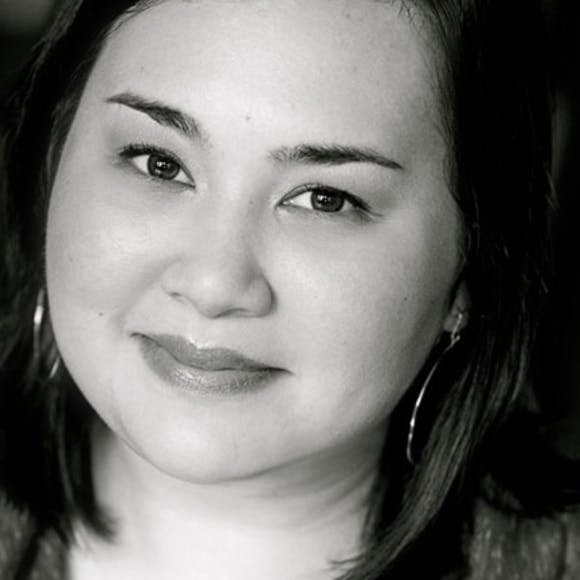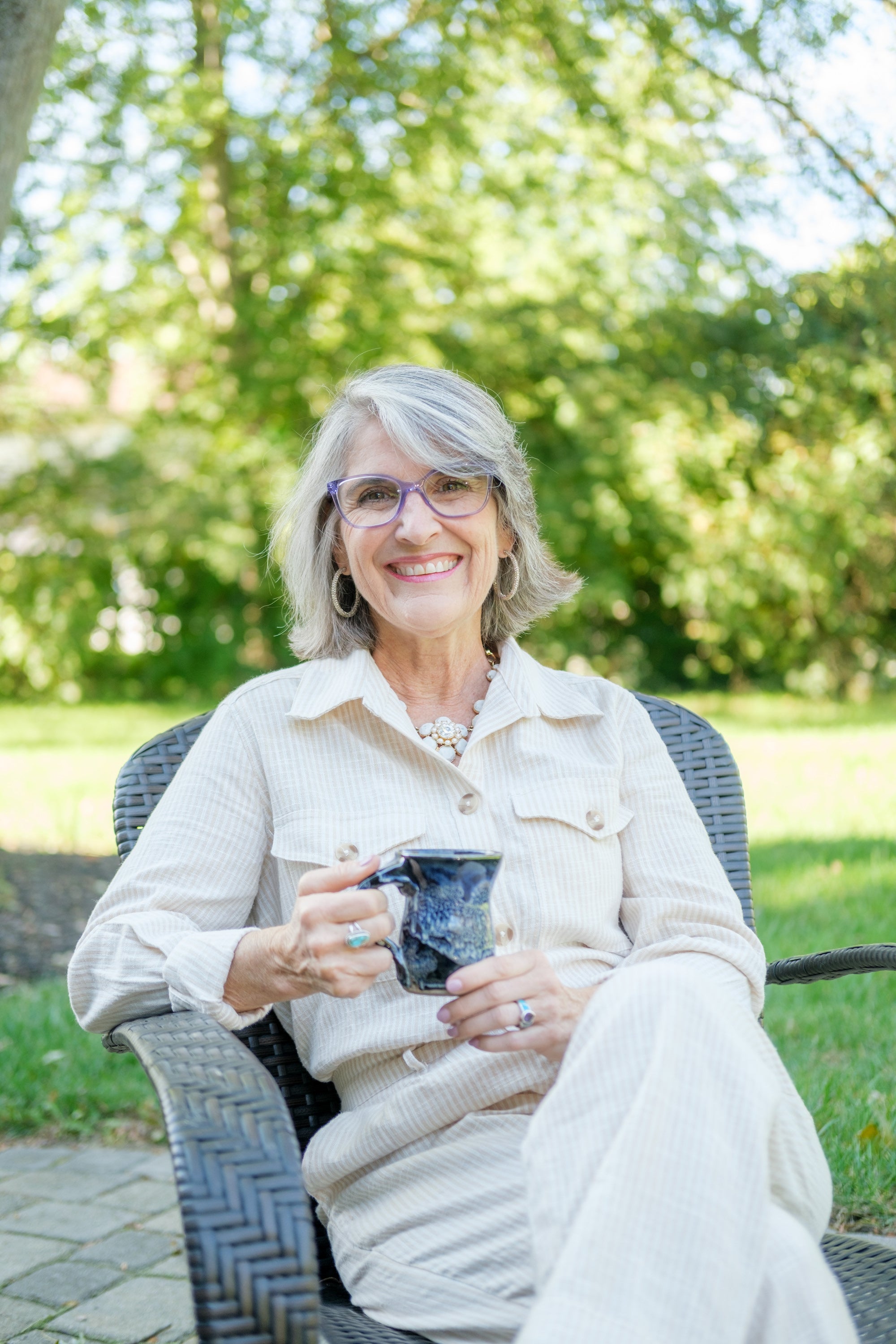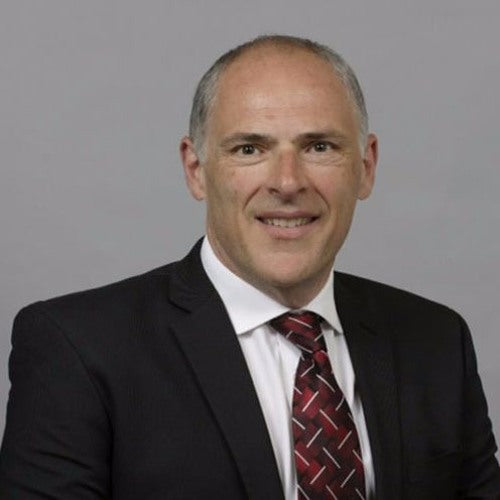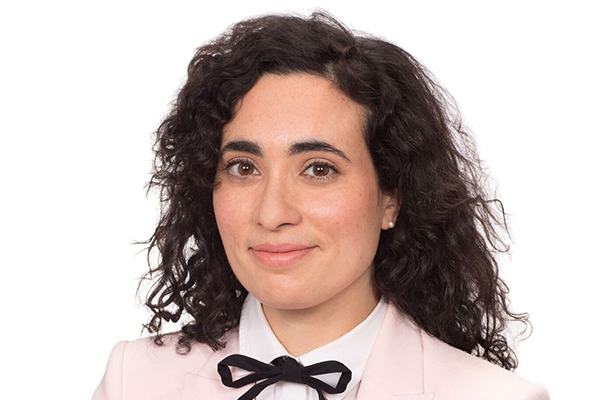Photo Courtesy of Dr. Michael Greger
Author: Dr. Michael Greger
Author Bio:
"Michael Greger, M.D. FACLM, is a physician, author, and internationally recognized speaker on a number of important public health issues. All proceeds from his speaking engagements and the sale of his books and DVDs are donated to charity. His 501(c)3 nonprofit NutritionFacts.org is the first science-based, non-commercial website to provide free daily videos and articles on the latest discoveries in nutrition."
1. It all started with your grandma. You tell the miraculous story about how doctors after multiple heart surgeries sent your grandmother home claiming that she only had a few more days to live. She was 65 at the time. Your grandma ultimately lived 96 years! Is it ever too late to change your diet and why is this a common misconception?
You know the saying you can’t teach an old dog new tricks? Seems like that’s an easy out to avoid even trying to make positive changes. In fact, it’s never too late—or too early—to start eating more healthfully.
2. When did the light bulb go off for you and made you realize that what you were putting into your body had its benefits and downsides?
I was only a kid when doctors sent my grandmother home in a wheelchair to die at age 65. Diagnosed with end-stage heart disease, she had already had so many bypass operations the surgeons essentially ran out of plumbing—the scarring from each open-heart surgery had made the next more difficult until they finally ran out of options. Confined to a wheelchair with crushing chest pain, her doctors told her there was nothing else they could do.
I think what sparks many kids to want to become doctors when they grow up is watching a beloved relative become ill or even die. For me, it was watching my grandma get better.
Soon after she was discharged, a segment aired on 60 Minutes about Nathan Pritikin. He had been gaining a reputation for reversing terminal heart disease and had just opened a new center—a live-in program where everyone was placed on a plant-based diet and then started on a graded exercise regimen. My grandmother somehow made the trek to become one of its first patients. They wheeled her in, and she walked out.
Later featured in Pritikin’s biography Pritikin: The Man Who Healed America’s Heart, she was described as one of the “death’s door people”:
Frances Greger…arrived in Santa Barbara at one of Pritikin’s early sessions in a wheelchair. Mrs. Greger had heart disease, angina, and claudication; her condition was so bad she could no longer walk without great pain in her chest and legs. Within three weeks, though, she was not only out of her wheelchair but was walking ten miles a day.
At that time, reversing heart disease didn’t even seem possible. Drugs were given to try to slow the progression, and surgery was performed to circumvent clogged arteries to try to relieve symptoms (literally bypassing the problem), but the disease was expected to worsen until you died. Today, we know that as soon as we stop eating an artery-clogging diet, our bodies may start healing themselves, in many cases opening up arteries without drugs or surgery.
By the time I became a doctor, giants like Dean Ornish, M.D., had already proven beyond a shadow of a doubt what Pritikin had shown to be true. Using the latest high-tech advances—cardiac PET scans, quantitative coronary arteriography, and radionuclide ventriculography—Dr. Ornish and his colleagues showed that heart disease, our leading killer, may be reversed with the lowest-tech approach—diet and lifestyle.
3. What is your favorite thing about being a doctor?
In medical school, even with our paltry twenty-one hours of nutrition training, there was no mention of using diet to treat chronic disease, let alone reverse it. I was only aware of this body of work because of my family’s personal story. The question that haunted me during training was simple yet ominous: If the cure to our number-one killer could get lost down the rabbit hole, what else might be buried in the medical literature? I made it my life’s mission to find out and I am honored that I get to research, write, and share the latest in evidence-based medicine each and every day.
4. New trendy diets pop up each year, "the Atkins diet", "the Ketogenic diet", "the South Beach Diet". What are some things individuals should seek and research before starting a new dietary plan?
Diets don’t work almost by definition. Going on a diet implies that, at some point, you will go off the diet. The weight loss industry is so corrupted by financial and ideological conflicts of interest that you can never know who to trust. Too often in diet books, the rule is to obfuscate rather than illuminate, cherry-pick facts to push some pet theory, and ignore the rest to promote your own agenda. It’s the opposite of science. In true scholarship, your conclusions follow from the evidence, not the other way around.
There’s so much nutritional nonsense that comes out of the diet industry, feeding us an endless parade of quick-fix fads that always sell because they always fail. Repeat customers are their whole business model, yet people just line right back up to be fooled again.
Short-term fixes are no match for long-term problems. Lifelong weight control requires lifelong lifestyle changes. It’s not what you eat today or tomorrow that matters, but what you eat over the next months and years, so you have to find lifestyle changes that fit into your lifestyle, as I discuss in detail in my book How Not to Diet.
The single best diet proven for weight loss may just so happen to be the safest cheapest way to eat, for the longest, healthiest life.
I took a deep dive into the medical literature for an answer to the obesity epidemic and not only did I succeed in finding a plain solution to the crisis, I discovered the same solution that helped my dear grandmother after she had been given a medical death sentence and cured her of end-stage heart disease: a diet centered around whole plant foods.
We should eat natural foods that come from the ground and from the fields, not factories, and from gardens, not garbage. The very diet I discussed in my previous book, How Not to Die—the diet that has been proven to prevent, treat, and even reverse some of our leading killer diseases—just so happens to be the same one with the greatest potential for achieving and maintaining permanent weight loss.
5. What are some “red light foods” that many people confuse with being “green light foods”?
Fish, non-fat yogurt, skinless chicken, and egg whites. Think so-called lean proteins are healthful options? Think again.
In 1990, most years of healthy life were lost reportedly to undernutrition, such as diarrheal diseases in malnourished children, but now the greatest disease burden may be attributed to high blood pressure, a disease of over-nutrition. The pandemic of chronic disease has been ascribed in part to the near-universal shift toward a diet dominated by processed foods and animal-sourced foods—more meat, oils, dairy, soda, eggs, sugar, salt, and refined grains.
Researchers have shown that a more plant-based diet may help prevent, treat, or reverse some of our leading causes of death, including heart disease, type 2 diabetes, and high blood pressure. Interventional studies of plant-based diets have shown, for example, 90 percent reductions in angina attacks within just a few weeks. Plant-based diet intervention groups have reported greater diet satisfaction than control groups, as well as improved digestion, increased energy, and better sleep, and significant improvement in their physical functioning, general health, vitality, and mental health. Studies have shown plant-based eating can improve not only body weight, blood sugar levels, and ability to control cholesterol, but also emotional states, including depression, anxiety, fatigue, sense of well-being, and daily functioning.
Only one way of eating has ever been proven to reverse heart disease in the majority of patients: a diet centered around whole plant foods. If that’s all a whole-food, plant-based diet could do—reverse our number-one killer—shouldn’t that be the default diet until proven otherwise? The fact it may also be effective in preventing, treating, and arresting other leading killers seems to make the case for plant-based eating simply overwhelming.
6. What are some of your favorite meals that combine a lot of the ‘Daily Dozen’ items together?
I’ve written two cookbooks as companions to How Not to Die and How Not to Diet, which I’m so thankful to be able to say were New York Times’ best sellers, and both culinary collections are more than just labors of love. The How Not to Die Cookbook and The How Not to Diet Cookbook also help you keep your heart, mind, and bodies as healthy as can be and your stomachs as fulfilled and happy as can be.
The recipes are full of the healthiest of the Green Light foods—foods of plant origin from which nothing bad has been added and nothing good has been taken away—and incorporate many of the Daily Dozen checklist foods I encourage people to try to fit into their daily routines. Check your local library or bookstore for the cookbooks, and search for some of my favorite recipes on the NutritionFacts.org website, including Szechuan Tempeh and Broccoli, Cauliflower Alfredo Linguine with Roasted Asparagus, Ribollita with White Beans and Kale, BROL Bowl with Sauteed Greens, and Strawberry-Banana Nice Cream.
7. In short, what are your three best tips on ‘How Not to Die’?
TIP 1: Only one way of eating has ever been proven to reverse the progression of heart disease in the majority of patients: a diet centered around whole plant foods. If that’s all a whole-food, plant-based diet could do—reverse our number-one killer—shouldn’t that be the default diet until proven otherwise? The fact it may also be effective in preventing, treating, and arresting other leading killers seems to make the case for plant-based eating simply overwhelming.
TIP 2: Whole food, plant-based nutrition. Pretty self-explanatory, right? But aren’t some plant foods better than others? You can apparently live extended periods eating practically nothing but potatoes, which would, by definition, be a whole-food, plant-based diet—but not a very healthy one. All plant foods are not created equal. So, my second tip is to follow my Daily Dozen. Each day, I recommend a minimum of three servings of beans (legumes), two servings of berries, three servings of other fruits, one serving of cruciferous vegetables, two servings of greens, two servings of other veggies, one serving of flaxseeds, one serving of nuts and seeds, one serving of herbs and spices, three servings of whole grains, five servings of beverages, and one serving of exercise (90 minutes at moderate intensity or 40 minutes of vigorous activity).
TIP 3: Adhering to just four simple healthy lifestyle factors may have a strong impact on chronic disease prevention: not smoking, not being obese, getting a daily half hour of exercise, and eating healthier—defined as consuming more fruits, veggies, and whole grains, and less meat. Those four factors alone were found to account for 78 percent of chronic disease risk. If we ticked off all four, we may be able to wipe out more than 90 percent of our risk of developing diabetes, more than 80 percent of our heart attack risk, halve our risk of stroke, and reduce our overall cancer risk by more than one-third.
8. What’s the best book you have read in 2021 thus far?
Brenda Davis isn’t only one of my favorite dietitians and nutritionists, but she’s also the co-author of Nourish: The Definitive Plant-Based Nutrition Guide for Families, along with Reshma Shah, M.D. Nourish dives deep into nutrition specifics for all stages of childhood—from pregnancy and breastfeeding all the way through adolescence. I highly recommend this book.
9. Do you plan on writing more books in the future?
I’m actually neck-deep in researching and writing my next book at this very moment! Be on the lookout for How Not to Age.
Places To Find More From This Author:
Twitter: @nutrition_facts
Facebook: Michael Greger
Website: www.nutritionfacts.org
Get Your Copy of How Not to Die Today!








